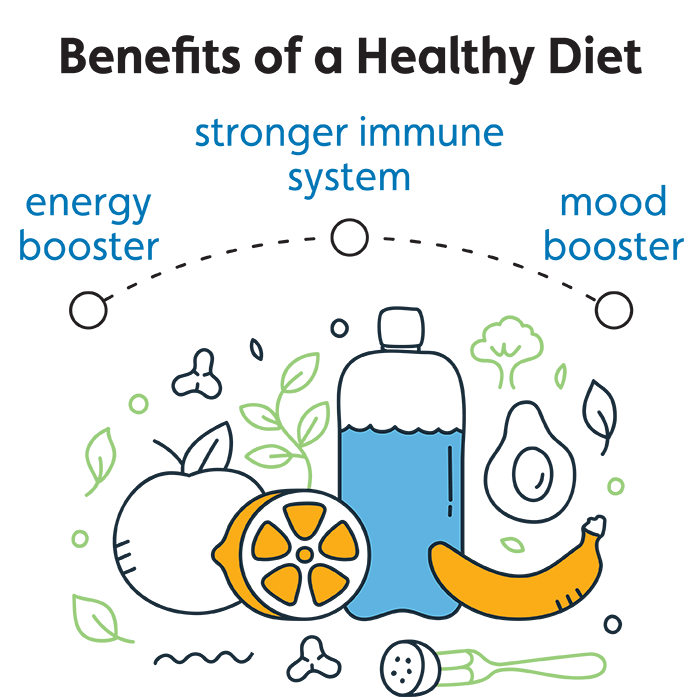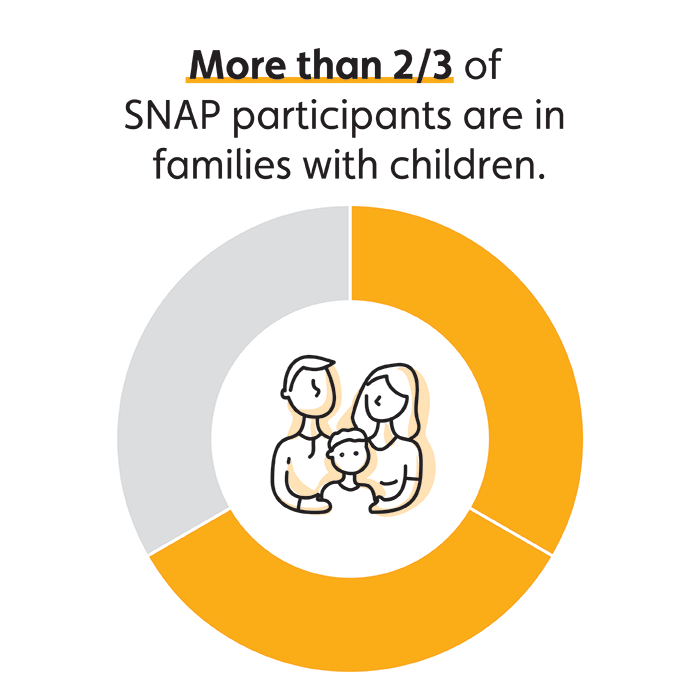Proper nutrition is an important aspect of healthy living. It has been linked to a lower risk of obesity, heart disease, Type 2 diabetes, and certain cancers. A healthy diet also serves as an energy and mood booster and promotes a stronger immune system, making it especially important during the COVID-19 crisis.
The Supplemental Nutrition Assistance Program (SNAP) is the nation’s largest federal program that seeks to combat food insecurity and promote nutrition among low-income families. SNAP is the primary source of nutrition assistance for many low-income families, providing benefits to about 43 million Americans. While state programs have different eligibility requirements, SNAP and Medicaid often serve similar populations and cross-promote enrollment efforts.

The COVID-19 public health crisis has provided a stark example of how critical SNAP is to serving the most vulnerable. During the first 3 months of the pandemic, SNAP enrollment grew by more than 6 million Americans or 17%. A study of SNAP enrollment in 42 states showed growing caseloads in all the states but 1, with 30 states reporting double-digit growth. Enrollment is expected to grow further due to the ongoing economic fallout from the crisis and uncertainty around extensions to other social safety net programs.
In March 2020, the passage of the Families First Coronavirus Response Act provided flexibility for states to use SNAP to respond to COVID-19, such as increasing benefits and extending or waiving interview requirements. The legislation placed a temporary nationwide suspension the existing 3-month time limit on benefits for unemployed, working-age adults without children in their home. The USDA provided an additional $2 billion to increase benefits, leading to a 40% monthly increase in SNAP benefits during the current pandemic. These provisions are helping the program respond to applications increasing by more than double in some states.
Like Medicaid, SNAP is a safety net for low-income Americans and helps millions of families and children practice healthy lifestyles. SNAP is critical to the health and well-being of America’s

children, demonstrated by the fact that more than two-thirds of SNAP participants are in families with children. SNAP helps nearly 20 million children in the
United States afford an adequate diet, which leads to positive health benefits. Research has found that after families received SNAP for 6 months, food insecurity among children decreased by one-third. Additional research shows that children whose families consistently receive SNAP are more likely to be in good health and are at lower risk of developmental delays than low-income children whose families who do not receive SNAP benefits.
The COVID-19 crisis has reinforced the importance of SNAP and Medicaid as critical foundations of the safety net for vulnerable populations, from urban centers to rural communities to surburban neighborhoods alike. Protecting funding for these programs is essential to keeping Americans, especially children, healthy.